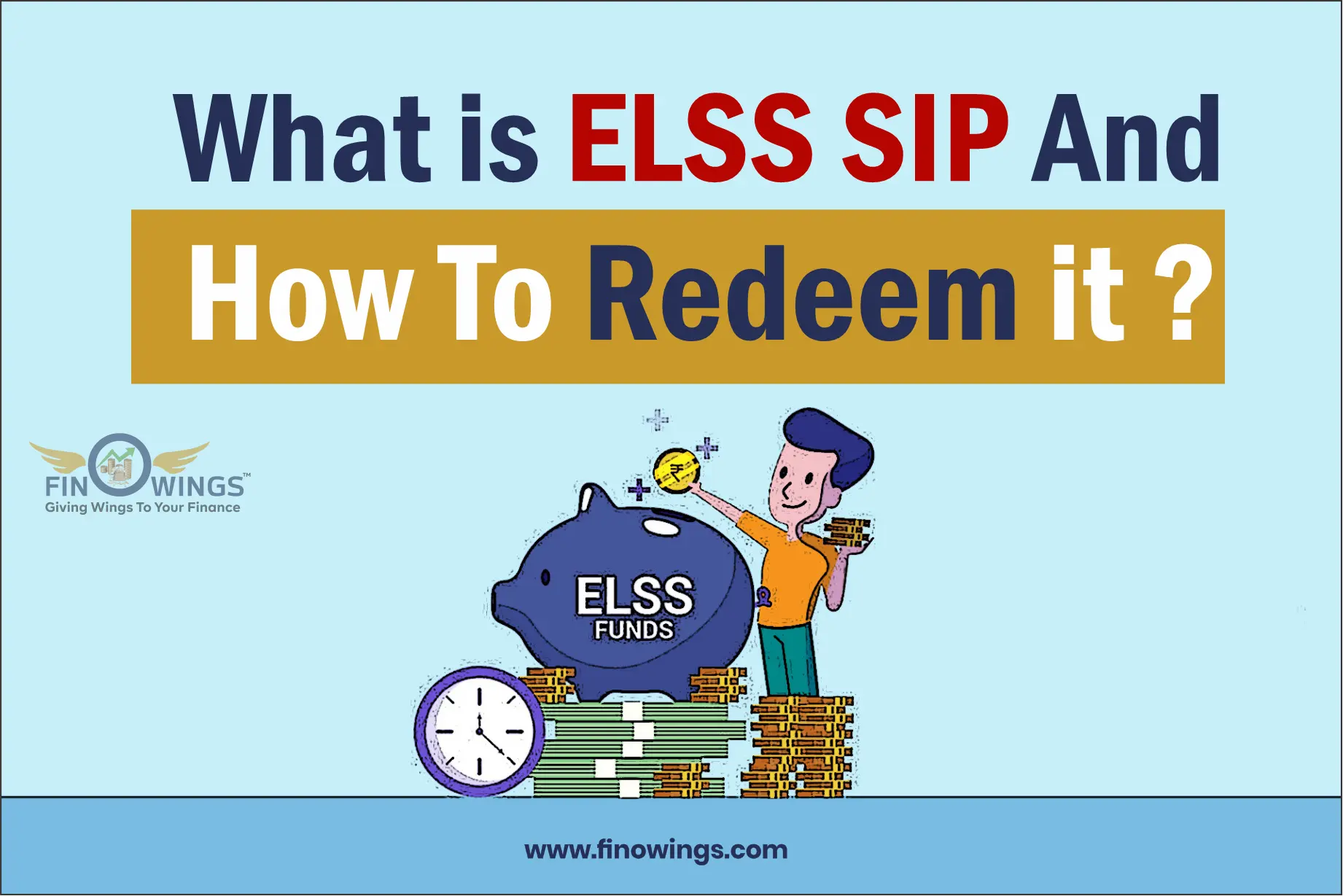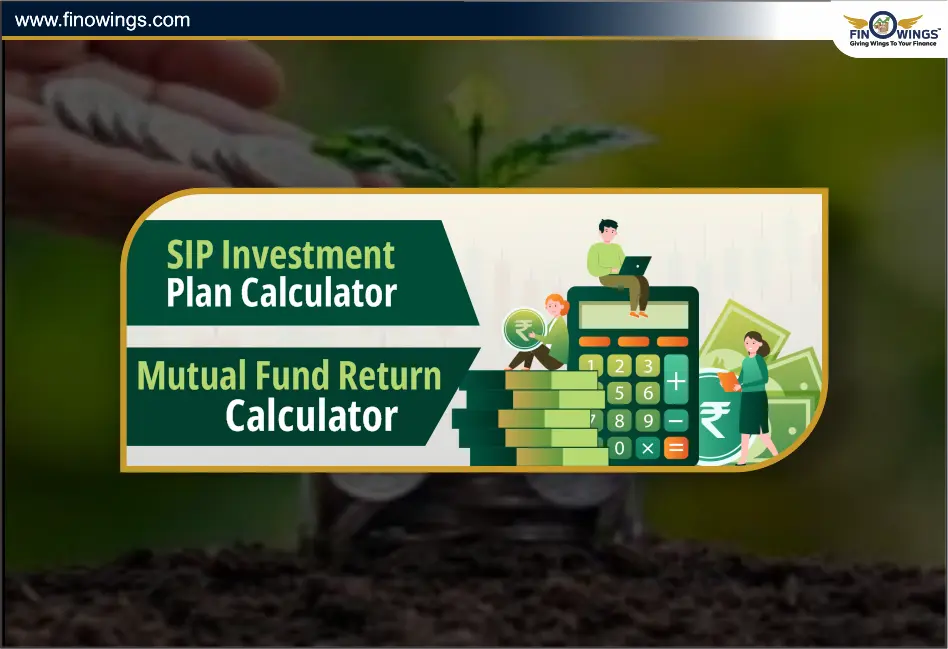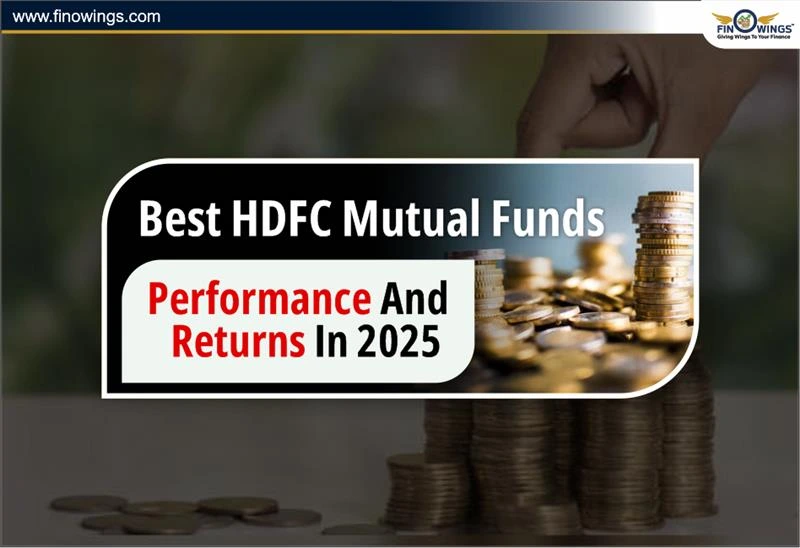Home >> Blog >> ELSS SIP: Wealth Accumulation & Tax Benefits You Can't Ignore
ELSS SIP: Wealth Accumulation & Tax Benefits You Can't Ignore

Table of Contents
What is ELSS SIP, and How to Redeem it?
An Equity Linked Savings Scheme is a mutual fund type that invests in stocks. It has a three-year ELSS SIP lock-in period. It means you cannot sell your investment until 3 years from the date of purchase.
Equity Linked Savings Schemes, also known as ELSS, are investment plans that can benefit you in the income tax reduction. They are also called tax-saving funds for this reason.
According to section 80C of the IT Act, taxpayers can invest up to Rs. 1.5 Lakh in ELSS and deduct that amount from their taxable income.
Ways of Investment in Mutual Funds
There are primarily 2 ways to invest in an ELSS mutual fund scheme- Systematic Investment Plan (SIP) and lumpsum.
-
Lumpsum: This indicates investing a fixed amount at once in the chosen mutual fund scheme.
-
SIP- It allows periodic investment at a chosen interval by the investor. It can be monthly, quarterly, or yearly.
For ELSS SIP funds:
Investing in them full-time is the best to get the best returns from ELSS SIP funds. If you have an ELSS SIP (Systematic Investment Plan), each instalment will have an ELSS SIP lock-in period of 3 years, having different maturity dates for each.
Features of ELSS Mutual Funds
- Equity covers a large part of the portfolio of ELSS SIP funds.
- Although their shortest ELSS SIP lock-in period is 3 years only, they all have mandatory ELSS SIP lock-in periods.
- Besides capital growth in Equity, you also get profit from tax savings.
- For a consistent income out of this, opt for dividend payouts or choose growth for capital growth.
- Entry or exit loads are not present in Equity Linked Savings Schemes.
- There are long-term returns from good ELSS SIP funds in the 10-12% range.
- However, ELSS carries some risk; still, it is one of the greatest financial vehicles in the tax-saving sector.
Investment in ELSS
Who should invest in ELSS SIP?
-
Salaried employees: As a salaried employee, a part of your income goes to the Employee Provident Fund, a fixed-income product. The ELSS investment is the best choice to maintain risk and return in your investment portfolio. A section 80C income tax deduction is available for investments in ELSS SIP and the potential for large returns.
Unit Linked Income Plans (ULIPs) and the National Pension Scheme (NPS) both have a longer ELSS SIP lock-in period and lesser potential for returns. The ELSS SIP lock-in period for ULIPs is five years. NPS focuses on retirement with partial exposure to Equity. In NPS, the invested amount is locked for 60 years.
-
First-Time Investors: ELSS SIPs are a great option if you want to invest and do not know which funds to choose. Besides offering tax benefits, ELSS also gives exposure to mutual funds and equity investment.
It might be risky in the short term, but the risks are much lower when the investment is over 5 years. The best way to invest in ELSS mutual funds is to start monthly SIPs throughout the year.
SIP in an ELSS enables you to cover more units during bear markets and to produce excellent returns during bull markets.
Ways to invest in ELSS Mutual Funds
-
The growth option provides benefits through appreciation of the total NAV at the time of redemption. This can get you greater profits. But remember that these returns are subject to market risk.
-
The dividend option gives benefits to investors periodically in the form of dividends. Taxes do not apply to these. Only when profits reach the required threshold is a dividend issued.
-
The dividend Reinvestment option allows investors to reinvest their dividends to add to the NAV. This is mainly beneficial when the market expects to continue in this trend.0
Evaluating the best ELSS mutual funds
-
Funds Return: To get the history of funds stability, compare its performance to its peer competition.
-
Expense Ratio: The expense ratio estimates how much of your investment is used to manage the fund: the higher the take-home results, the less the expense ratio. The unsaid rule is that you should select the fund with the lower expense ratio.
-
Fund History: Select investment companies with a track record of stable performance over a long period, such as five to ten years. A fund's performance is represented based on its benchmark and the potential of the equities in its portfolio. Therefore, a fund will provide better returns if it outperforms the benchmark.
4. Financial Parameters: Consider some criteria, including Sharpe ratio, Standard Deviation, Sortino Ratio, Alpha, and Beta, to analyze a fund's performance.
A fund with a higher beta and standard deviation is riskier than one with a lower beta and standard deviation. Therefore, choose funds with a higher Sharpe ratio because they provide better returns for each additional risk.
The fund manager is crucial because choosing the right stocks and building a strong portfolio generate higher returns. Building trust in the fund is mainly dependent on the fund manager. Their analyzing skills and experience help to build confidence in this regard.
Advantages of Best ELSS Mutual Funds
How to Redeem your Investments in ELSS
There are two ways to invest in ELSS SIP funds. The first is through the SIP route, and the other is via a lump sum. Depending on the way of investment, your redemption process differs.
Redeeming Lumpsum Investments from ELSS
When you invest with a lumpsum amount in an ELSS SIP fund, the ELSS SIP lock-in period is calculated from the day of purchase. Therefore, you can only sell the units of ELSS SIP funds after completing your ELSS SIP lock-in period.
For example,
Suppose you make a lumpsum investment of Rs 80,000 in an ELSS scheme on September 10, 2022. You can redeem all your ELSS units at once after 3 years, that is, on September 11, 2025, when the ELSS SIP lock-in period gets over.
You can redeem your ELSS lumpsum investment in 2 ways. One is that you can submit a request online, through an app, or by logging into the mutual fund website. You can raise a redeeming request. The second way is to visit your local mutual fund branch and raise a redemption request by filling out a form.
However, the redemption process is a bit complicated in SIPs.
Redeeming SIPs From ELSS
The Systematic Investment Plan (SIP) allows you to invest small amounts and buy ELSS SIP funds units regularly. As a result, SIP allows you to pick the frequency of your investments, which can be monthly, quarterly, half-yearly, or annually.
Redeeming these SIP funds gets a little tricky. Each SIP instalment is a new investment, so each instalment has a 3-year lock-in time. Therefore, the ELSS SIP lock-in period is estimated from when the units are allotted.
For example, you started a monthly SIP of Rs 10,000 in DSP Tax Saver Fund – Direct Plan-Growth on January 1, 2019. In this scenario, you can redeem the SIP investments on January 2, 2022. Similarly, for the investments made in February 2019, you can redeem those SIP investments on February 2, 2022.
Best ELSS Mutual Funds to Invest in-
Fund Name and their #-year Compound Annual Growth Rate (3Y CAGR)-
|
Fund Name |
3-Y (CAGR) |
|
Quant Tax Plan |
33.6% |
|
Bank of India Tax Advantage Fund Eco |
24.4% |
|
Bank of India Tax Advantage Fund |
23.8% |
|
HDFC Long Term Advantage Fund |
20.6% |
|
Canara Robeco Equity Tax Saver fund |
20.2% |
|
Union Long Term Equity Fund |
19.3% |
|
Mirae Asset Tax Saver Fund |
19.2% |
|
DSP Tax Saver Fund |
18.5% |
|
UTI Long Term Equity Fund |
17.8% |
|
Kotak Tax Saver Scheme |
17.1% |
|
Principal Personal Tax Saver Fund |
16.8% |
|
Baroda ELSS 96 Plan A |
16.3% |
|
SBI Magnum Long Term Equity Scheme |
16.3% |
|
ICICI Prudential Long Term Equity Fund Tax Saving |
15.5% |
|
Invesco India Tax Plan |
15.1% |
|
Tata India Tax Savings Fund |
15% |
|
Baroda BNP Paribas ELSS SIP funds |
13.8% |
|
Axis Long Term Equity Fund |
12.9% |
|
Nippon India Tax Saver ELSS SIP funds |
12.7% |
Frequently Asked Questions
The ELSS Tax Benefits are the primary advantage. Section 80C of the IT Act of 1961 provides tax incentives for investments made in ELSS SIP funds.
The fact that ELSS has a 3-year ELSS SIP lock-in period is an advantage over other tax-saving instruments. This indicates that you can only sell your investment three years after the date of acquisition. However, keeping your investments intact for the maximum duration possible is recommended to maximize returns from ELSS SIP funds.
ELSS is a great option for beginning investors since it offers tax advantages and experience with mutual funds and stock investment.
The risk associated with stock investments is larger, although typically just in the near term. The risk is substantially reduced if you invest for more than five years.
















.webp)


